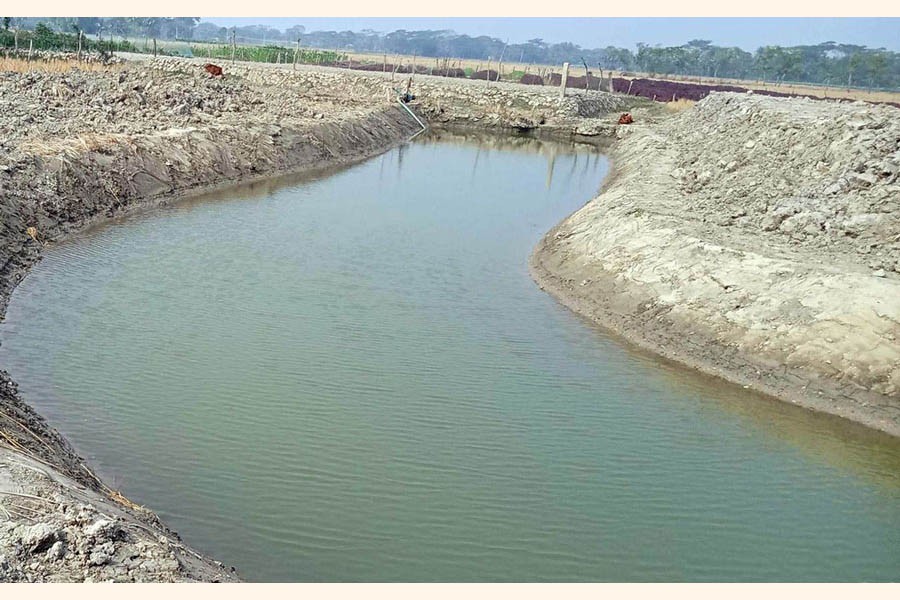
Published :
Updated :

Syeda Rizwana Hasan, environment, forest and climate as well as water resources adviser of the interim government comes up with her government's plan to create what she calls a 'blue network' with proper use of canals -- both already in existence and to be reclaimed. The adviser might have used the expression 'blue network' to refer to the creation of an extensive network of pollution-free water carrying canals in the capital city. The purpose is to make the capital city liveable through greening, bio-diversity conservation and wetland preservation. On all those counts, there is no doubt about the intention of the staunch environmental campaigner which she exactly is.
However, a few questions need to be answered before the environmental agendas she underscores to pursue while she stays in her position. Here are two distinct aspects of serious concern. One is liveability and the other is not just preservation of bio-diversity but also improvement of the overall environment of the city. Involved with healthy liveability are a host of issues including infrastructure, transport systems and even civic sense and routine practice by the urban population. Unplanned growth of concrete structures with little green and open space such as playgrounds, parks and lakes excepting a rare few exclusive zones has turned this city into a veritable sprawling slum. After excavation of drains further deeper, the city cannot flush out accumulated rain waters even after a moderate shower. Its transportation system and transports -- black fume-spewing buses, lagunas, trucks, covered vans and pickups -- are one of the worst in the world.
The mayors including the last two have also made tall promises so far as improvement of the city's physical environment is concerned. Reclamation of canals from illegal occupation and revival of their water flows and plantation of trees on their banks formed part of their campaign. Each of them can legitimately claim some credit for accomplishing a few appreciable programmes. The early success in removing the truck stand from Tejgaon, reclamation of a few canals in both north and south city corporations were indeed praiseworthy. But all those fell through because of a lack of a comprehensive plan. Regular monitoring and maintenance are the key to success in case of such public property.
So the concern here now is about the tenure of the interim government. Most likely it will not get the time for execution of the envisaged programmes. First, reclamation of canals is not under the jurisdiction of the environment ministry; second, even if the ministry and department concerned cooperate in reclaiming the water bodies, it is a time-consuming matter. Therefore it would be advisable to undertake a cleaning and excavating programme for the reclaimed canals and other existing water bodies. If the water flows in those can be augmented and maintained, the plan for reclamation of other canals can be devised for the next elected government to take up. Sustainable greening of the canal banks, as well as fallow lands on roadsides of the city proper can be started right now.


 For all latest news, follow The Financial Express Google News channel.
For all latest news, follow The Financial Express Google News channel.